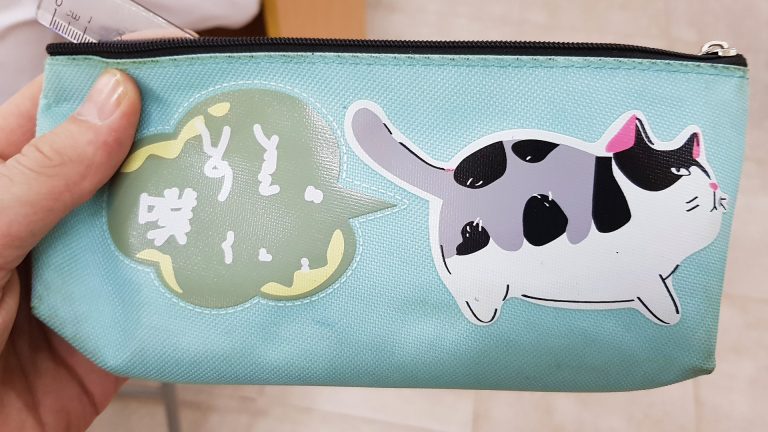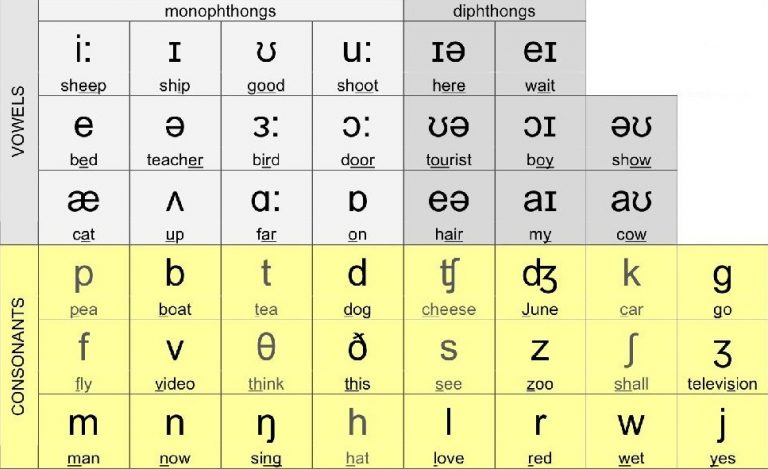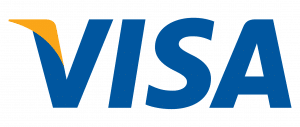‘Forget Everything You Learned on Your CELTA'
That’s what my boss told me when I got my first job teaching in Vietnam. There’s a lot of truth in it, too. While these general ESL teaching courses (the good ones, at least) do help you prepare for your first job, and are necessary if you want to work legally in Vietnam, they aren’t designed to cater to specific groups of learners. A Spanish adult, for example, is going to have a different background and different requirements than a Vietnamese child or teenager.
This means that when you start teaching in Vietnam you’ll need to adapt. This article is designed to give you a primer on teaching here, and the tips it contains should help you whether you work privately or at a public school, whether you teach adults or nursery students.
Tip 1: Find the Right Job
Remember: there are plenty of ESL jobs in Vietnam, and if you have the right attitude and qualifications you should have no issues finding the right one for you. Want to work evenings and weekends at a language centre? A nine to five at a public school? What age of student do you most enjoy working with? Ask yourself these questions before you start job hunting. Apply to a range of companies, research prospective employers, take your time and read your contract carefully before you sign it. Oh, and you can check out our outline of the different types of ESL job in Vietnam and our guide to finding an English teaching job in Vietnam for more info.

Tip 2: Understand the ESL Scene in Vietnam
English is a big part of the national curriculum here. It features in national exams all the way up from primary through high school and most university students are required to take an English proficiency test upon enrollment. This means that your students will almost certainly have a fair grounding in the language before they start learning with you.
The problem is that because of the way English is tested, the focus is largely on grammar and comprehension so students can be quite shy and lack confidence when it comes to actually speaking. That’s where you come in: your job as a foreign ESL teacher will be to help them gain confidence and improve their pronunciation.
In Europe for example, ESL teachers are discouraged from worrying too much about pronunciation but here, perhaps because of the differences in the ways English and Vietnamese sound, pronunciation practice is front and center making techniques like drilling far more common here. Actually, this should make your job more enjoyable because what it means for you is less time spent on grammar and more time spent having fun communicating!

Tip 3: Smile!!!
As a foreign teacher, your role here differs quite a lot from that of local teachers. You’ll notice local teachers here can be quite strict—they’re worried about their students passing exams—but your job is to get students to speak more and help them become more confident. You’ll have a lot more success if you cultivate a friendly, upbeat, positive environment. Here’s why:
- There’s a strong possibility that some of your students will have never communicated with a foreigner before. You’ll be better placed to overcome the shyness this entails if you smile. It bears repeating that confidence is very often a bigger hurdle for students than ability.
- Standards of discipline in Vietnam are different to those in the West. For example, sleeping in class here isn’t considered too big a deal, but talking back to a teacher would be unthinkable for all but the ‘roughest’ of Vietnamese students. It may take you a while to figure out what is and what isn’t acceptable here, both in terms of different types of bad behaviour and the different punishments appropriate to them.
As the saying goes, you catch more flies with honey than with vinegar. When you’re teaching you’ll almost always be accompanied by a local teaching assistant, too, so if serious discipline problems arise you’re better referring to him or her. In any case, Vietnamese students tend to be very respectful, so you shouldn’t have any issues.
It’s also worth noting that things here can be a tad less organised than back home. You’ll occasionally hear the saying, ‘the foreign teacher’s always the last to know’. It’s not wholly uncommon to arrive at your workplace only to discover that it’s closed, or to start teaching the wrong class because you weren’t notified about a schedule change. This sort of thing might happen because of the language barrier or simply a lack of organisation, but the best thing to do in these situations is just to relax and get on with it. Most teachers here would agree that these small inconveniences are more than made up for by all the great things about working in Vietnam!

Tip 4: Be Professional
For better or worse, Vietnamese culture places quite a lot of emphasis on appearance, possibly more so than Western culture. This is especially true when is comes to teachers, who are seen as having a moral as well as an intellectual obligation to their students. You won’t see local teachers with tattoos, unconventional piercings or unkempt hair here and, while they tend to tolerate these things from foreign teachers, your best bet is to dress as smartly and conservatively as possible, especially if you work in a public school or a university.
It’s also worth mentioning here that you’ll see the occasional foreign teacher here letting the side down, as it were. People taking advantage of the preference for Westerners for ESL teaching positions and not taking their jobs as teachers seriously enough. You get the feeling that the politeness, hospitality and unwillingness to engage in confrontation characteristic of their local employers and colleagues means they aren’t pulled up for it. Keep in mind that while this type of behaviour isn’t always checked when it should be, it is noticed. On a positive note, these folks are a tiny minority: most ESL teachers here are doing a damn fine job!
Tip 5: Get to Know a Bit of Vietnamese
This isn’t to say you need to learn the language inside out. When you first arrive you’ll likely have your hands full getting settled, and if you’re not planning on staying too long then learning a new language will be too big a time investment. And you’re not expected to speak Vietnamese in class, either; in fact, you usually shouldn’t since your job is to improve your students’ English. But it’s definitely worth picking up a bit of Vietnamese if you can since it’ll help you understand the reasons behind a few of the errors your students make. For example:
- Naming conventions are different in Vietnamese: a huge proportion of them share the surname Nguyễn and there aren’t too many others. Because of this the Vietnamese use first names even in formal address meaning if your name is, say, David Brent they’ll call you Mr David.
- If you want to order a black coffee in Vietnamese, you’ll ask for cà phê đen. Adjective order differs between the two languages.
- While it’s not technically correct, many people talk about Vietnamese as being monosyllabic. This is because, essentially, words are made up of one or more separate units–xe máy, for example, means ‘motorbike’–the longest of which is simply nghiêng, ‘to lean’. This is why ESL teachers here like to focus so much on syllables and stressed syllables: because English, by contrast, contains words that are long AF like intelligensia and floccinocifipillifcation.
Living here for a while you’ll be surprised at how much of the language you pick up. What’s great is that doing so can enhance your effectiveness as a teacher as much as it does your experience as an expat.

Tip 6: Learn the IPA (International Phonetic Alphabet)
Considering how great a tool it can be, it’s surprising how many ESL teachers you see here not using the Phonetic Alphabet in their lessons. English spelling can seem insane even to native speakers, so imagine how crazy is seems to speakers of a phonetic language like Vietnamese!
The IPA is taught in schools here so your students, especially if they’re older, will be familiar with it. It’s great for isolating sounds that don’t feature in Vietnamese like /dʒ/ (as in jump), /ʃ/ (as in show) and /ʒ/ (as in genre).
It’s also useful for pointing out differences in pronunciation between the two languages. For example, Vietnamese does have the sound /t/ (as in two), but when put at the end of a word plosive consonants in Vietnamese are never aspirated like they can be in English. There are plenty of good IPA related resources online, as well as some fantastic free Android and IOS apps. Check out the useful links at the end of this article if you’d like to learn more.

Tip 7: Play Games
Students in Vietnam have it rough. Six days a week at school, supplementary evening classes, few holidays and a lot of homework mean it’s a miracle they’re as attentive as they are. Games are an essential part of ESL teaching here because they serve to keep energy levels up and provide a reward. In addition, because the majority of ESL teachers use games to an often surprising extent your students will expect them. Branch out from the usual ones like hangman and the sticky ball, and don’t be afraid to experiment and get creative: your students’ll thank you!

Tip 8: Utilise Extra Materials
ESL teaching in Vietnam isn’t an easy job. Unless you’re very lucky, you can expect to spend a good chunk of your time off planning lessons. Incorporating materials you’ve found online or that have been supplied by your school or language centre, then, can be a big help. ISL Collective is a great one for both worksheets and presentations, but there are loads of others. Again, check out the links at the end of the article for some more ideas.
Another reason extra materials can be so useful is that part of your job is to open your students up to new ideas, new ways of looking at the world. An interesting news article or Youtube video suited to your students’ level can serve as an excellent foundation for a lesson.
Useful Links if You're Teaching in Vietnam
Your employer should provide you with plenty of games and resources, and you’ll get some great ideas from other teachers, too. But the more resources you have to draw on, the better. Here are some good ones:
Presentations, Worksheets and Games
ISL Collective: ISL Collective is a fantastic resource, with loads of worksheets and games as well as hundreds of ready made PPT presentations.
Busy Teacher: Busy Teacher has loads of useful printable worksheets, blog posts and lesson ideas.
The International Phonetic Alphabet
International Phonetic Alphabet: The official website of the International Phonetic Association, creators of the IPA. The website has tools for learning the IPA and transcribing with it.
English Text to Phonetics App, Android Version: There are many different ones on both the Google Play and IOS App store. This is one of the best. It’s a handy app for practicing the IPA and it’s got a soundboard, too, which your students may find useful.
The Vietnamese IPA on Wikipedia: The Wikipedia article on the Vietnamese version of the IPA is a useful resource if you’re looking to explore the peculiarities of Vietnamese pronunciation.
Learning Vietnamese
Vietglish Fun: Great fun. This young lady has a fantastic personality, and the videos on her Youtube channel range from basic Vietnamese lessons to Vietnamese language covers of popular songs.
Tieng Viet Oi: Another good Youtube channel. Tieng Viet Oi has a good mix of practical lessons and input from other learners of Vietnamese.
Another reason extra materials can be so useful is that part of your job is to open your students up to new ideas, new ways of looking at the world. An interesting news article or Youtube video suited to your students’ level can serve as an excellent foundation for a lesson.














